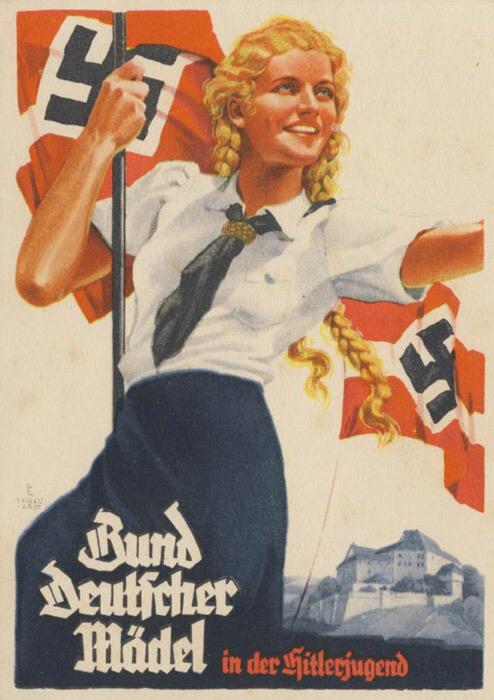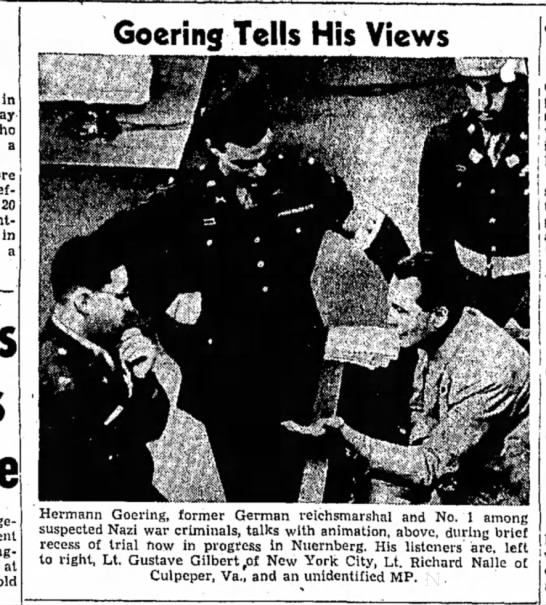By now I'm one of the few left who lived through most of the Nazi years. I believe the death toll from WWII from both direct and indirect causes was 100 million, far beyond any threat we face today with Covid-19. I started following WWII when I was 6 in 1941. Because I was reading the newspapers every day it probably expanded both my language and geography skills. At age 10 when the war ended and the news about the Holocaust and the Nuremberg Tribunals filled our lives, there were many deeper questions that were raised, but the answers then seem silly in retrospect. You've heard the saying, perhaps wrongly attributed to Edmund Burke, that all that is necessary for evil to triumph is that good people do nothing. Americans aimed that accusation at ordinary Germans who had done
nothing to prevent the crimes of the Nazi regime, bunkering down instead and pretending that nothing was morally wrong. We Americans rationalized that Germans were morally inferior to Americans. Indeed, those who fought WWII on the allied side, and particularly Americans, who "fought to be free."
By the time I was 21, that whole explanation was beginning to unravel. I had met my wife, and the German side of her family. They had been born in Germany, but had left to come to the United States. If there was something defective in the German DNA, clearly these people were outliers. Then I was stationed in Germany and met many fine Germans. Again, wonderful people.
I recognize that I had been exposed to simplistic propaganda during the Nazi and post-WWII years. More troubling was that I recognized the same attributes in Americans that were responsible for the do-nothing attitude of the German people during the Nazi period. The lesson that should have come out of that period should have been, "There but for the Grace of God go I!"
As a result, I committed to studying why and how people become a nation of sheep, to use the title of Judge Andrew Napolitano's book. That commitment included acting as well as reading and talking. I still don't have all of the answers, but I have a lot of them. It is not a pretty picture, but the good news is that the current generation is positioned in history to do something about the corruption that inevitably occurs when masses of people bunker down and shut their eyes to what is going on.
That opportunity to learn who we really are is right around the corner, arriving as early as a month out as the Covid-19 Panic passes. If it is business as usual, then shame on us for looking the other way as our freedoms were trampled under the feet of the many petty Hitlers who crawled out of the woodwork during this period. Just as the WWII generation was called "The Greatest Generation", this generation will be the subject of derision and contempt in the future. It will be recognized how easily we traded our liberty for a $1,200 bribe, this generation's 30 pieces of silver.
~ Phil Duffy, note to his grandson, April 30, 2020









